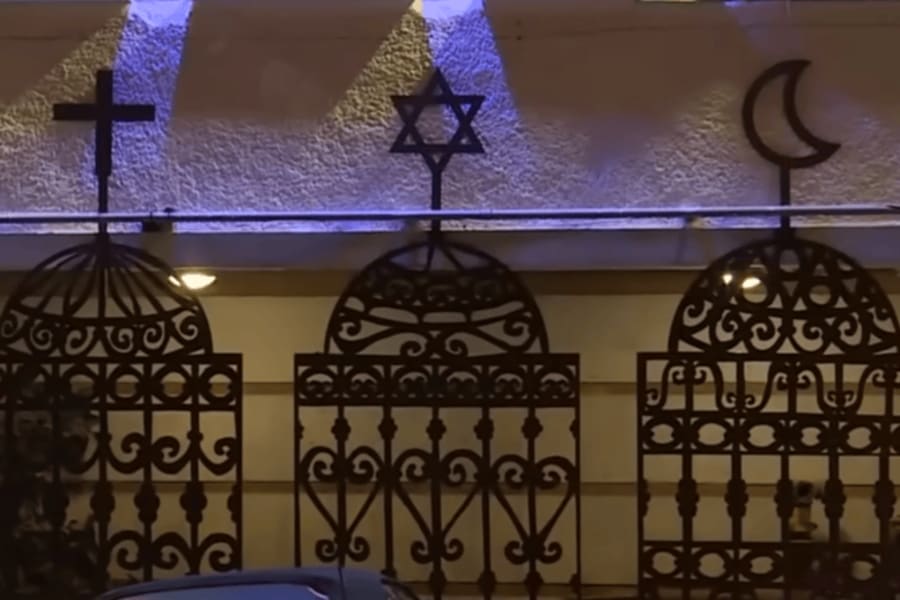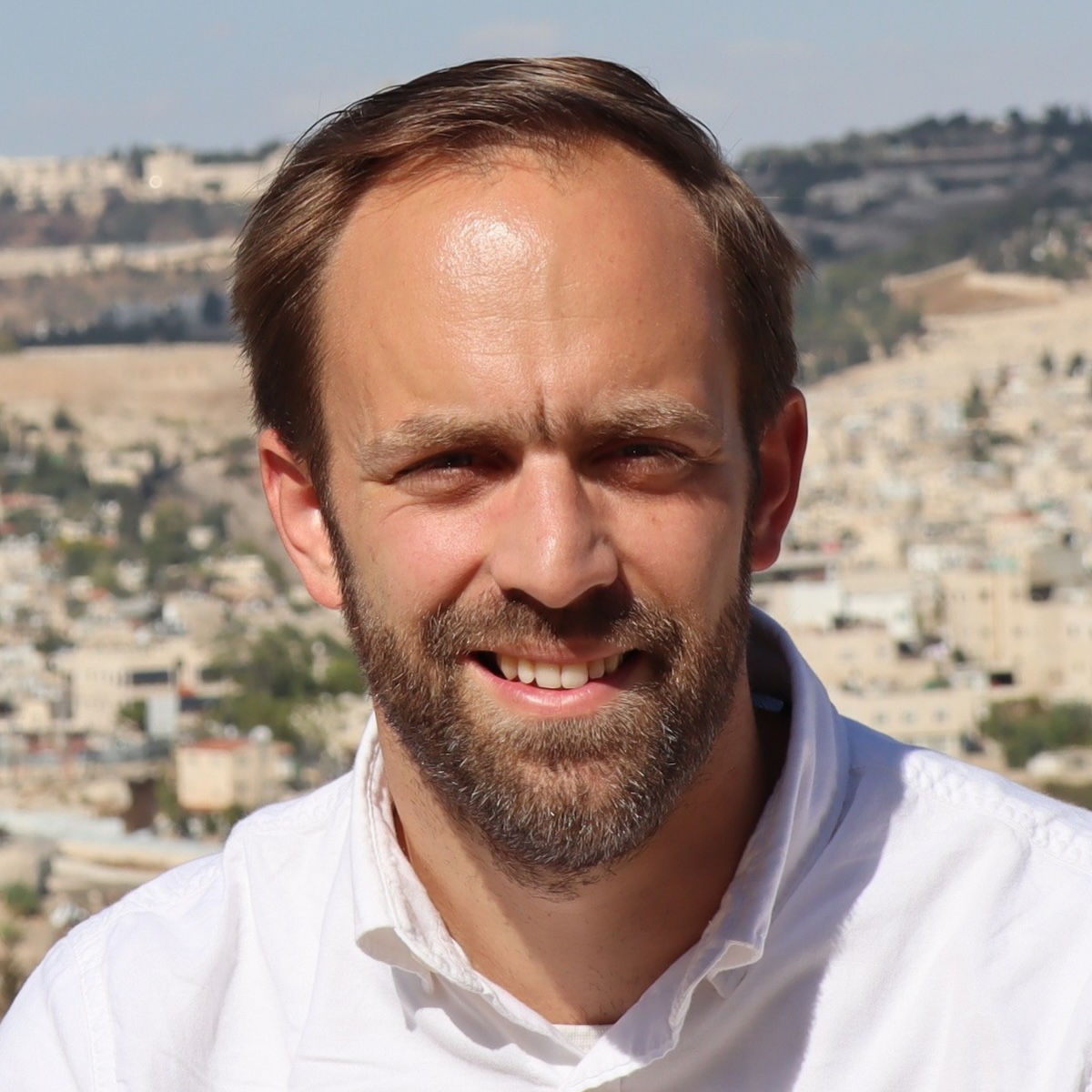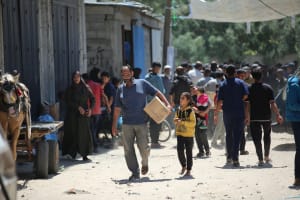A spiritual battle?!

As the Dutch Centre for Israel Studies (Centrum voor Israël Studies, https://www.hetcis.nl/english ), we are regularly asked: ‘How should we interpret this war?’ In response to this question, we regularly hear: ‘The war in Israel is not an ordinary war, but it is a spiritual battle.’ In this contribution, I would like to reflect on this further.
In Gen 3:15, the LORD says to the serpent, ‘And I will bring about enmity between you and the woman, and between your offspring and her offspring’. Some see this as a reference to the spiritual battle to be waged by Israel. From this perspective, Hamas' war is another chapter in an ancient but also eschatological battle that Israel must fight as a people called to be a light among the nations.
What is often striking is that those who see the current conflict in this way are very black and white in their interpretation of it. You are either for or against Israel, and if you are not for Israel, then you are against it. Critical questions are quickly interpreted as a lack of loyalty to Israel or, even worse, as demonic lies.
But can you make a one-to-one connection between Israel and the woman and her Offspring? From a Christian perspective, this text refers to the Messiah who will come to crush the serpent. And this Messiah has indeed come from Israel. At the same time, nowhere in Genesis is there a direct link between the serpent's offspring and a particular person or group of people. Indeed, when Cain is born, Eve says: ‘I have received a man from the LORD’ (Gen 4:1). Later, however, it is shown that the line of God's promise is not through Cain, but through Seth (Gen. 4:25).
At this point, it is worth looking at the current situation. The Oct. 7, 2023, attack was inspired by an ideology bent on Israel's destruction. This ideology and its practical application are part of the modus operandi of the adversary of God. But does this automatically put the State of Israel and what it does on the right side, on God's side? On this point, Palestinian Christians, among others, are asking critical questions. They wrestle with the darkness on Israel's side. And if this criticism were limited to this group, it could still be down to them, but there are also many Israelis who are particularly critical of the way the current government and some other Israelis treat the Palestinians.
Could it be that the spiritual struggle is taking place along lines and fronts that are less sharply and clearly defined? I recently read an article by Cardinal Pierbattista Pizzaballa, the head of the Latin Patriarchate (the Roman Catholic Church) in Jerusalem. In his article, he says that he has the impression that the various religious communities have again become a kind of islands, making dialogue almost impossible. He also says that - with a few exceptions - spiritual leaders hardly say anything different from political leaders. Faith is not only something that should sustain us, but it is also something that should alarm and shake us up. God calls us to see the other as a creature also made in God's image. Especially in war, it is so easy to dehumanize the other. Israelis are portrayed as vengeful people, while Gaza is populated only by terrorists. Is this dehumanization of the other part of the spiritual side of the conflict?
The words and images we choose have an impact on how we view this conflict. Those who look at this conflict from the perspective of Genesis 3 will especially emphasize that this conflict cannot end, because the struggle between the serpent's offspring and the woman's offspring will continue until the Second Coming. I would therefore suggest another image from Genesis to interpret this conflict. In Genesis, we read about the conflict between Esau and Jacob. In this conflict, they both have their own roles and their own faults. But after so many years, there is reconciliation, or at least they embrace each other (Gen 33:4). After all that has happened, they embrace each other! It is my desire and prayer that this will also happen here in the land of Israel. What is needed for this is known only in heaven, but here on earth, it is our calling to seek peace.
Is that naive? Perhaps it is. Anyone who reads further in the Old Testament also knows that despite the embrace of Esau and Jacob, there was no peace between their descendants. During the journey to Canaan, Edom refused to let Israel through (Num. 20:21, Judges 11:17). Saul and David fought with these people (1 Sam. 14:47, 1 Kings 11:15). And Obadiah describes the coming judgment on Edom for its violence against Israel. Still, I want to keep alive the hope that people here will be able to find the way to peace, however difficult and painful it will be.
Finally, simply dividing the warring parties in this conflict into black and white, good and evil, does not help anyone. Good and evil are intertwined in this world, even in our own hearts. Therefore, it is better to look at both Jews and Palestinians with the eyes of the Lord Jesus, with a heart full of compassion and concern for their needs.

Geert de Korte works at the Dutch Center for Israel Studies in Israel. The Center participates in the Jewish-Christian dialogue. He also works on a PhD about Ambrose of Milan and the Jews.













